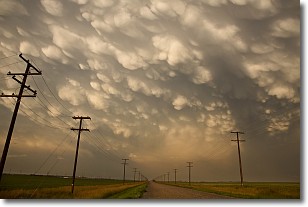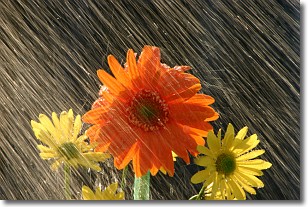Weather Alert in Maine
Air Quality Alert issued August 2 at 2:56PM EDT by NWS Gray ME
AREAS AFFECTED: Northern Oxford; Northern Franklin; Central Somerset; Southern Oxford; Southern Franklin; Southern Somerset; Interior York; Central Interior Cumberland; Androscoggin; Kennebec; Interior Cumberland Highlands; Northern Coos; Southern Coos; Northern Grafton; Northern Carroll; Southern Grafton; Southern Carroll
DESCRIPTION: The New Hampshire Department of Environmental Services has issued an Air Quality Alert for particle pollution from 1 AM to 11 PM EDT Sunday. The New Hampshire Department of Environmental Services is predicting unhealthy air quality in Coos, Grafton and Carroll counties. Sensitive individuals include children and older adults; anyone with lung disease such as asthma, emphysema, and bronchitis; and people who are active outdoors. Even healthy individuals may experience mild health effects and should consider limiting strenuous or prolonged outdoor activities. The Maine Department of Environmental Protection's Bureau of Air Quality has issued an Air Quality Alert for particle pollution from 1 AM to 11 PM EDT this evening. Particle pollution levels are expected to reach Unhealthy for Sensitive Groups range Sunday for the Western Interior and Eastern Interior regions due to a plume of smoke expected to move in from Canada. For additional information, please visit the New Hampshire Department of Environmental Prediction website at, https://www4.des.state.nh.us/airdata/ In addition, A toll free air quality hotline has been established so Maine residents can stay informed on the air quality situations. The toll free number is: 1-800-223-1196.
INSTRUCTION: N/A
Want more detail? Get the Complete 7 Day and Night Detailed Forecast!
Current U.S. National Radar--Current
The Current National Weather Radar is shown below with a UTC Time (subtract 5 hours from UTC to get Eastern Time).

National Weather Forecast--Current
The Current National Weather Forecast and National Weather Map are shown below.

National Weather Forecast for Tomorrow
Tomorrow National Weather Forecast and Tomorrow National Weather Map are show below.

North America Water Vapor (Moisture)
This map shows recent moisture content over North America. Bright and colored areas show high moisture (ie, clouds); brown indicates very little moisture present; black indicates no moisture.

Weather Topic: What are Mammatus Clouds?
Home - Education - Cloud Types - Mammatus Clouds
 Next Topic: Nimbostratus Clouds
Next Topic: Nimbostratus Clouds
A mammatus cloud is a cloud with a unique feature which resembles
a web of pouches hanging along the base of the cloud.
In the United States, mammatus clouds tend to form in the warmer months, commonly
in the Midwest and eastern regions.
While they usually form at the bottom of a cumulonimbis cloud, they can also form
under altostratus, altocumulus, stratocumulus, and cirrus clouds. Mammatus clouds
warn that severe weather is close.
Next Topic: Nimbostratus Clouds
Weather Topic: What is Precipitation?
Home - Education - Precipitation - Precipitation
 Next Topic: Rain
Next Topic: Rain
Precipitation can refer to many different forms of water that
may fall from clouds. Precipitation occurs after a cloud has become saturated to
the point where its water particles are more dense than the air below the cloud.
In most cases, precipitation will reach the ground, but it is not uncommon for
precipitation to evaporate before it reaches the earth's surface.
When precipitation evaporates before it contacts the ground it is called Virga.
Graupel, hail, sleet, rain, drizzle, and snow are forms of precipitation, but fog
and mist are not considered precipitation because the water vapor which
constitutes them isn't dense enough to fall to the ground.
Next Topic: Rain
Current conditions powered by WeatherAPI.com




